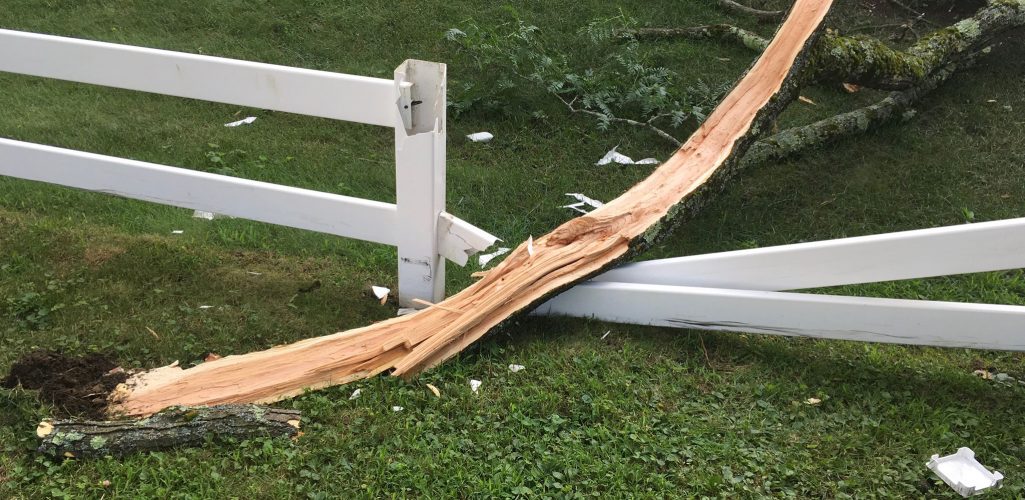While it may not be a topic on our minds every day, most of us know a few things about insurance policies – or at least we think we do.
Take a look at some of the most common insurance-related misconceptions held by the average consumer to test your insurance knowledge:
If my friend borrows my car and gets into a car accident, their car insurance policy will cover the damages.
In New York and most other states, car insurance policies follow the vehicle, not the driver. If you let a friend borrow your car and they end up in an accident, it will be your car insurance policy covering the damages, not theirs.
Since most car insurance carriers require policy holders to identify others within their household who may drive their vehicle, there can be complications with filing a claim listing a driver who wasn’t previously named as a driver in the policy holder’s household. This could potentially serve as basis for denial of the claim.
I bought my home for $250,000, so my homeowners insurance policy should be for $250,000 in coverage.
Your homeowners insurance coverage limit should be based on what it would cost to rebuild or replace your home if it were destroyed. That amount may be more or less than your home’s purchase price or market value.
This is one of the more common insurance misconceptions, and the reality often boils down to understanding the difference between actual cash value and replacement cost.
I have life insurance through my employer so I don’t need additional life insurance coverage.
There are a variety of factors that need to be considered when determining what amount of life insurance is most appropriate. For those who are single and without dependents, employer-provided life insurance may be sufficient. It would still be a good idea to think through exactly what costs would need to be covered by a life insurance policy and to review your existing coverage to ensure it’s a fit.
For people who are married, have children or other dependents, or who may have significant personal debt or large estates, the standard term life insurance policies offered by many employers would not be enough to cover all necessary expenses after death. Securing supplemental life insurance coverage would likely be in the best interest of those who fall into these categories.
If my roommate has a renters insurance policy, I don’t need one of my own.
If one roommate has renters insurance, their coverage doesn’t automatically extend to the other roommate. Roommates can technically share a renters insurance policy as long as each person sharing the coverage is listed on the policy. However, this route isn’t typically recommended for a few reasons.
Most renters insurance policies have caps on different categories of expenses when filing a claim, and the maximum amounts covered aren’t predicated on the number of people sharing the policy. Plus, filling a claim with multiple claimants can complicate the process and potentially delay reimbursement.
Check out a recent post on apartment sharing tips for more information about renters insurance!
Life insurance is unnecessary because I’m young, healthy, and have no dependents.
There’s always value in having life insurance, regardless of age, health status, or number of dependents. Almost everyone should have enough life insurance to cover funeral costs, personal debt, and outstanding medical bills at minimum. Otherwise, family members or other beneficiaries may be left to sort out your unpaid expenses.
There’s also advantages to buying life insurance while you’re young and in good health. You’ll likely be eligible for coverage at a lower cost than if you wait to purchase life insurance until you’re older or are facing health concerns. The younger and healthier you are at the time of initial application, the more money you’ll save!
Having homeowners insurance means we’re covered in the event of a flood.
While some types of water damage may be covered by your homeowners insurance policy, most do not cover damage from floods. If you live in a location with a high-probability of flooding, you’ll need to get a separate flood insurance policy.
This is one example of assumptions many of us make about our homeowners coverage, and they can lead to a rude awakening when we need to file a claim and learn the precipitating event isn’t included in our policy. Make sure to thoroughly review your insurance coverage policy to avoid unpleasant surprises in the future.
If I own my business and run it out of my home, my business is covered under my homeowner’s insurance policy.
While the reasoning behind this misconception seems to make sense, most homeowners insurance policies have exclusions for business liabilities.
Obtaining a business owner’s insurance policy that covers both business liability and property is your best choice in these circumstances. And many business owner policies cover business interruption as well, meaning that if you have to put doing business on hold because of damages sustained to your home, you’d be eligible for reimbursement of lost income.
O’Brien Insurance Agency is here for you!
To learn more about what’s truth and what’s myth in the realm of insurance, reach out to our agents at the Glens Falls region’s premier independent insurance agency, O’Brien Insurance. We’re here to be your guide to finding the right coverage for your needs at a cost you can afford.



